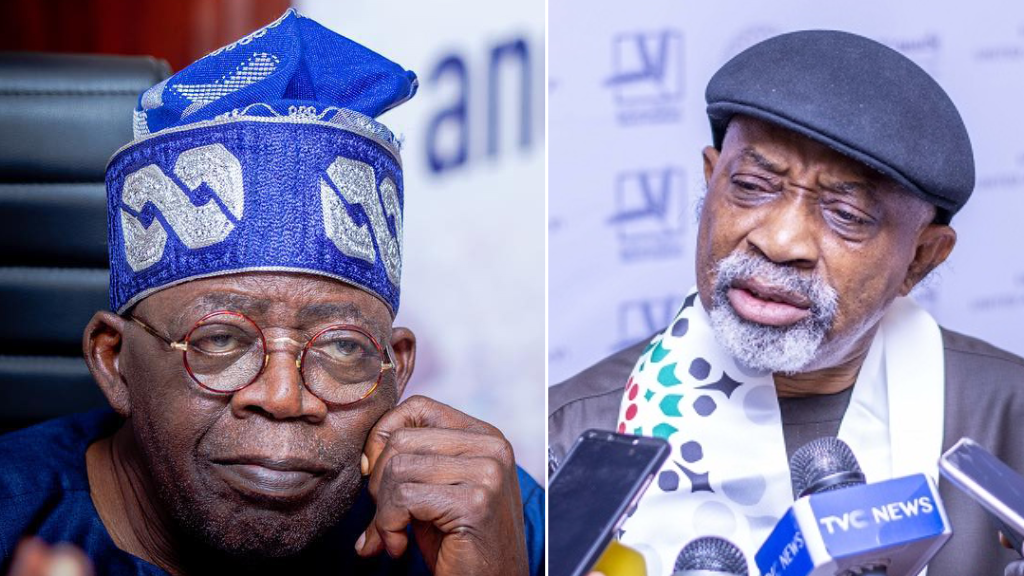Ngige, who was a member of the committee that negotiated the present minimum wage in 2019 from ₦18,000 to ₦30,000, noted that the country’s minimum wage should be reviewed every five years to fit the current standard of living.
The minister, who spoke on Channels Television’s Politics Today last night which was monitored by Africa Today News, New York, further mentioned that he would include in his handover notes that the discussion surrounding minimum wage should start immediately after the new government is sworn-in in May 2023, ahead of its implementation, which he said should be in May 2024.
He said the discussions would involve the public sector, private sector, and state governments, and according to the last bill passed should start a year before it officially takes effect.
He said, ‘It is a tripartite negotiation involving public sector, private sector, and state governments. We entrenched in that bill or law that minimum wage will now have an automaticity of review every five years.
Read Also: Nigeria’s Presidency, Big Opportunity I Won’t Misuse – Tinubu
‘So, from 2019 when it came into effect to 2024 will be five years but we also made a recommendation in our document which we submitted that the discussion, the negotiation should start one year from May 2024 when it supposed to kick-start.
“So, I’m envisaging that as from May 2023, the government will empanel the new minimum wage review committee for the country.
“In my handover note which I am going to hand over to the transition committee and the next government, I am recommending that the discussions start anytime from May 2023.”
Ngige also noted that the Federal Government has approved a pay rise for civil servants which would take effect from January 1, 2023, adding that the provision is already included in the 2023 budget.
The minister said the salary increment became important in view of the current economic reality of the country, however adding that President Muhammadu Buhari, is yet to approve the percentage used for the increment.
He said, “In the Presidential Committee on Salaries, we have done something for the civil servants for those who are on Consolidated Public Service Salary Structure and some corporations, MDAs that are on that CONPSS. CONPSS is the salary scale for civil servants.
“We put a percentage for the President to approve, we have approved it at our own committee level. We said it should take effect from January 1, 2023.”
While noting that the economic reality of the country had led to the decision of salary increment for civil servants, Ngige however, lauded the naira redesign policy of the Central Bank of Nigeria, which he said had achieved some “sound benefits.”
Although, he categorically stated that the policy was not “smooth in its implementation,” he said it had greatly reduced insecurity as bandits and kidnappers are currently on “holiday” as a result of the cash crunch, adding that the policy helped in curbing vote-buying during the just-concluded elections across the country.

